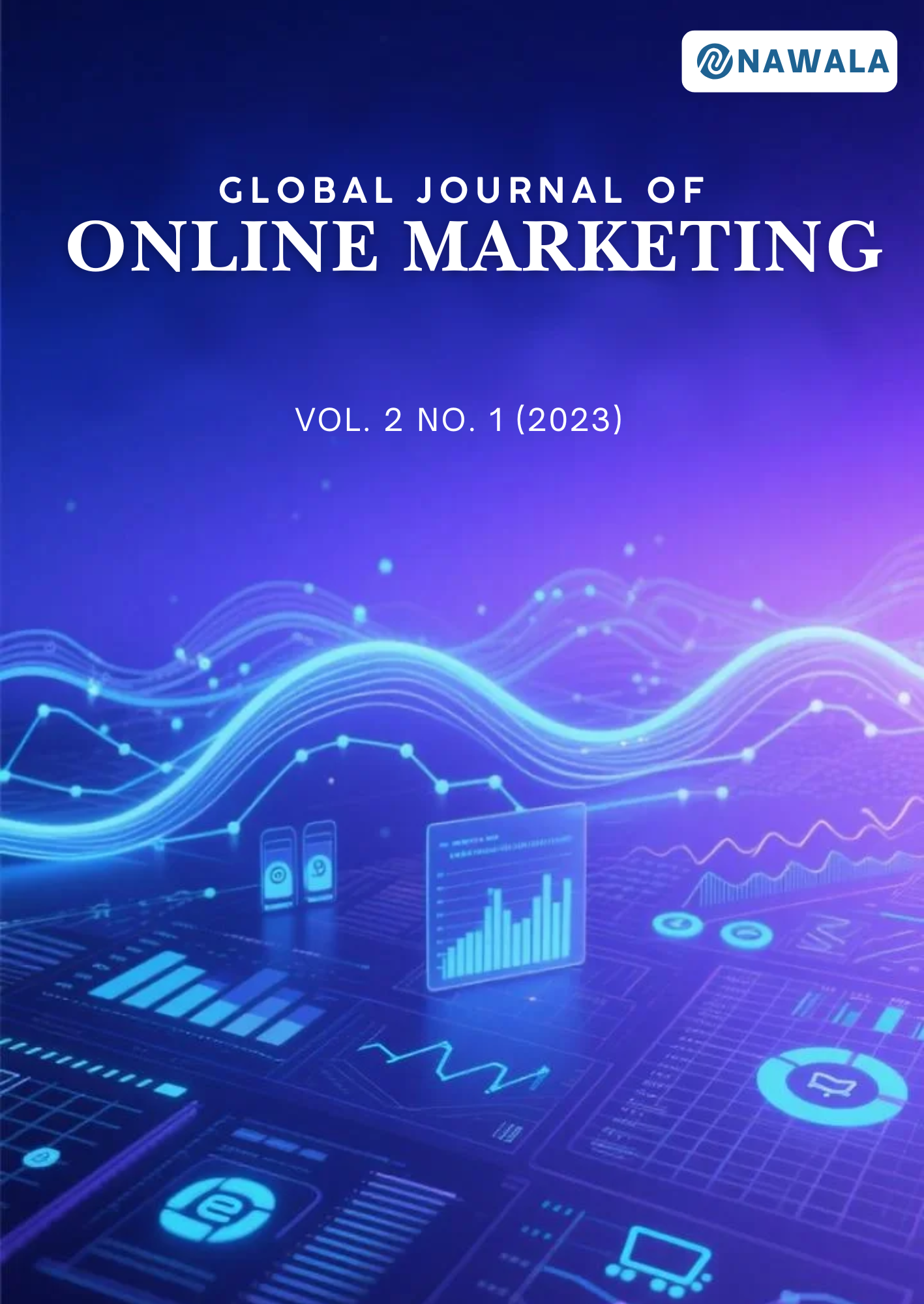Digital Influencer Marketing and Consumer Behavior: A Systematic Review of Literature
Keywords:
Authenticity, Consumer Behavior, Digital Influencer Marketing, Social Media Platforms, Sponsorship DisclosureAbstract
This study conducts a systematic literature review (SLR) to analyze the role of digital influencer marketing (DIM) in shaping consumer behavior between 2020 and 2022. Unlike traditional celebrity endorsement, influencers create authenticity and parasocial relationships that enhance credibility and influence consumer trust, purchase intention, and electronic word of mouth. The review synthesizes findings from peer reviewed journals, focusing on three central themes: influencer attributes and message features, sponsorship disclosure and persuasion knowledge, and influencer brand congruence with platform specific characteristics. Results indicate that authenticity, expertise, and credibility are primary drivers of positive consumer outcomes, while disclosure practices and perceptions of commercial intent may undermine persuasion by raising skepticism. Furthermore, platform affordances such as Instagram’s visual orientation and TikTok’s short form video formats significantly shape consumer engagement and message effectiveness. The review concludes that DIM is most effective when authenticity is emphasized, sponsorship disclosure is carefully managed, and brand congruence is maintained. However, inconsistencies across contexts highlight the need for further cross-cultural and longitudinal research.





